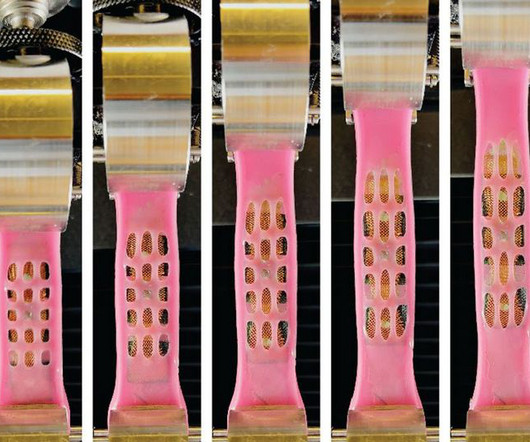University of Wisconsin Researchers Investigating Dual-Fuel (Gasoline and Diesel) Partially Premixed Combustion for High-Efficiency, Ultra-Low Emission Combustion; 53% Thermal Efficiency
Green Car Congress
AUGUST 3, 2009
Researchers at the University of Wisconsin, led by Dr. Rolf Reitz, are investigating a blended dual-fuel (gasoline and diesel) concept to extend the operating range of partially premixed charge compression ignition combustion by using the varying fuel reactivity of the charge blend, which is determined in real time. Click to enlarge.
















Let's personalize your content